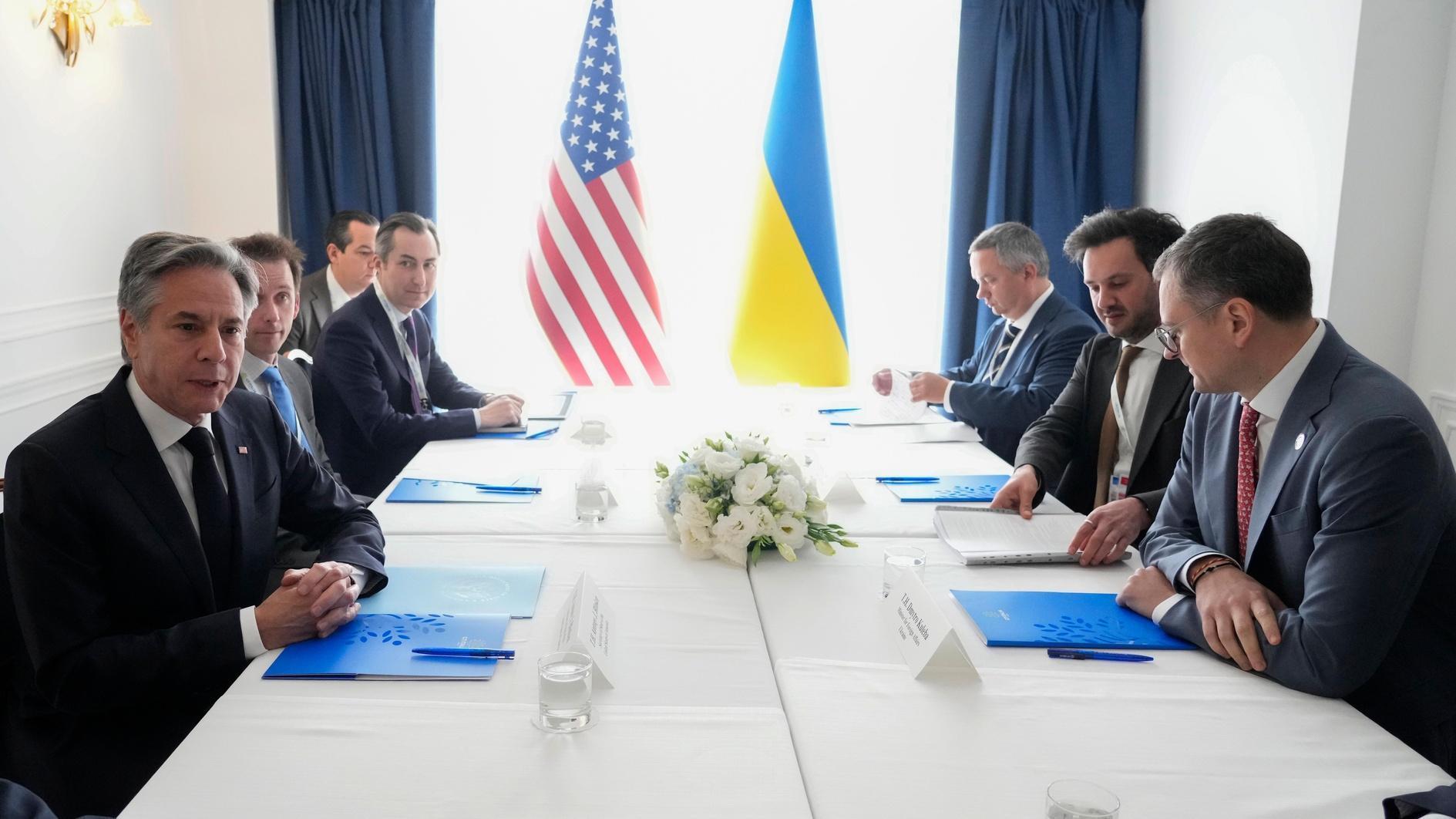Iran, Qatar and the Middle East powder keg
The deadly raids on the Iranian Parliament and the tomb of Ayatollah Khomeini in Tehran on June 7, which claimed 12 lives, are grave contributions to the escalation of tension in the Middle East amid the Qatar crisis. The fact that the Islamic State of Iraq and the Levant (ISIL), or DAESH, has claimed responsibility for the attacks makes it even worse.
The attacks were the first known ISIL attack in the Iranian capital, at least at this scale. Iran has been in a fight against ISIL (and al-Qaeda affiliated groups) for the past couple of years, with thousands of Revolutionary Guards in Syria and Iraq supporting Shiite militant groups. However, this attack may have bigger consequential outcomes and may even trigger a chain reaction in the region if Iran and pro-Iran groups decide to retaliate.
The attack also took place at a time when the U.S.-led coalition has just launched its offensive on June 3 to take the city of Raqqa from the hands of ISIL, amounting to another factor of strain in the region.
The Pentagon announced on June 6 that the U.S.-led forces have been effectively using Turkey’s strategic İncirlik air base in the Raqqa operation. This means that despite all objections to the U.S. over its partner against ISIL, the Turkish government has been keeping the base open. Ankara sees the U.S.’s ground force partner in the Raqqa operation, the People’s Protection Units (YPG), as the Syrian extension of the outlawed Kurdistan Workers’ Party (PKK), which has been in a fight with Turkey for over three decades.
President Tayyip Eroğan said during an iftar fast-breaking invitation in Ankara on June 6 that he has told U.S. President Donald Trump about the future drawbacks of trying to defeat one terrorist organization with the help of another. But he also said “may it be for the good,” indicating that Ankara is not likely to escalate the YPG debate until the end of the Raqqa operation, or until a direct threat is posed by the YPG against Turkish interests.
In the same speech Erdoğan also said he saw the Saudi-led sanctions against Qatar as wrong. Underlining his efforts to start dialogue for a solution to the problem, he vowed that Turkey would continue to improve its relations with Qatar.
There is nothing wrong with that. Actually, relations with Qatar were discussed together with Iranian Foreign Minister Javad Zarif, who paid a short working visit to Ankara on June 7 despite the terrible terror attack back in Tehran.
But Erdoğan and the Justice and Development Party (AK Parti) government should know that Qatar is no longer the Qatar of three days ago. Saudi Arabia, with the backing of the U.S., reiterated on June 7 that its relations with Qatar could not return to normal unless Qatar “withdraws its support for terrorism” and stops leaning toward Iran.
Saudi Arabia’s counting of the Muslim Brotherhood as a terrorist organization like ISIL or al-Qaeda is a matter of disagreement with Erdoğan, who sees the Brotherhood as an “ideological” movement rather than a terrorist organization. But under the given circumstances, it is uncertain for how long Qatari Emir Thamim al-Thani will be able to continue supporting and harboring the Muslim Brotherhood in his country. What’s more, the Brotherhood statement on June 7 which almost declared war on Saudi Arabia, is not likely to help either itself or its sympathizers.
It is uncertain whether al-Thani or another name to possibly take his place will continue the same economic cooperation program with Turkey. So it is better for the Turkish government to be prepared for the new Qatar, for better or for worse.
The Qatar crisis, the Saudi escalation and the Tehran terror attack have further increased uncertainites in the Middle East, which is becoming a powder keg that could go off at any moment with new, unexpected sparks.











